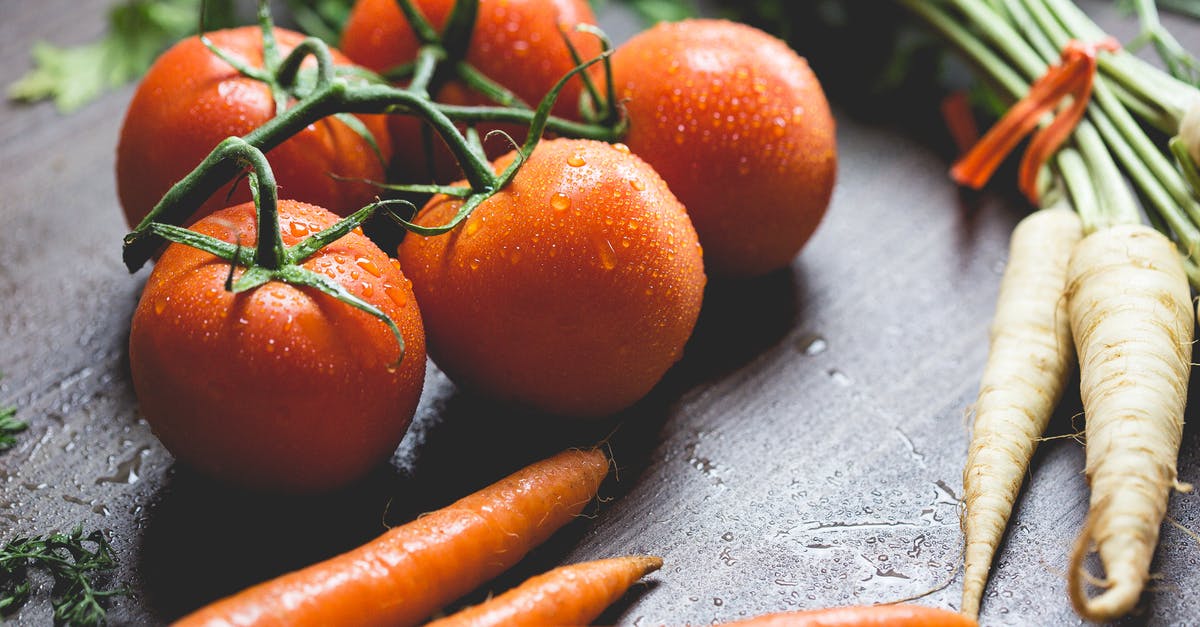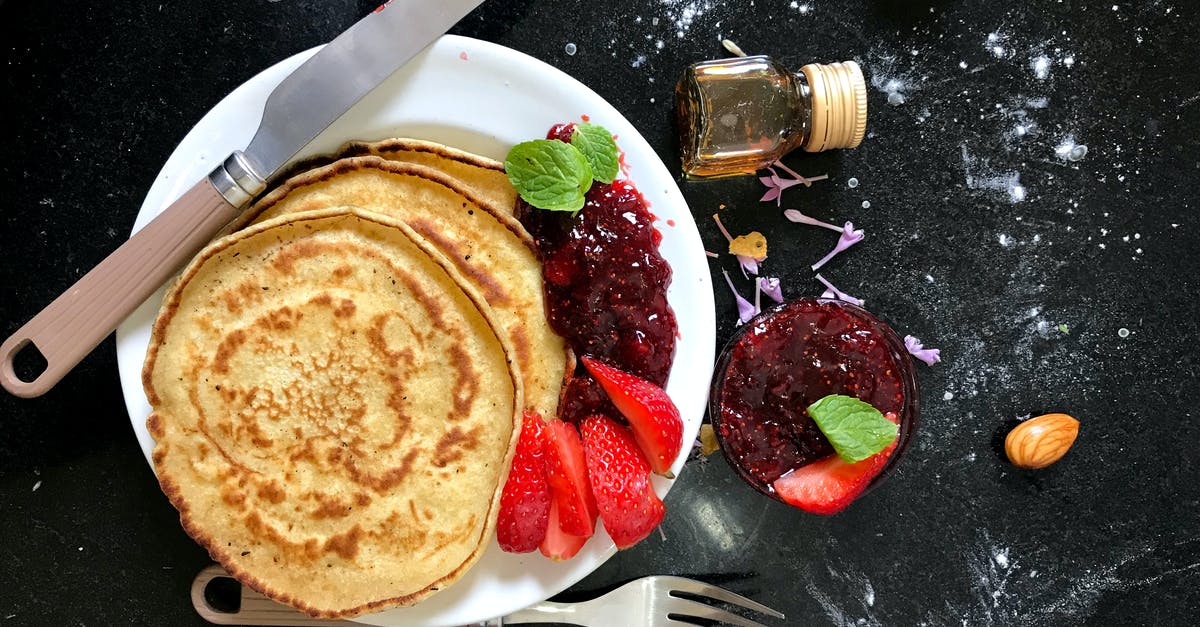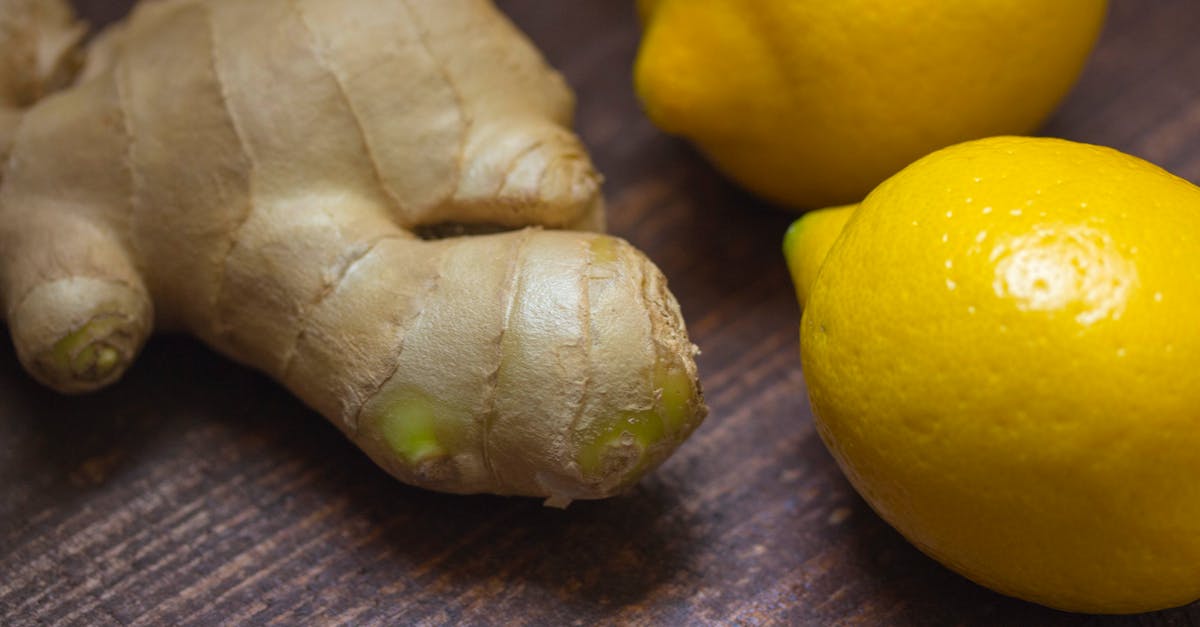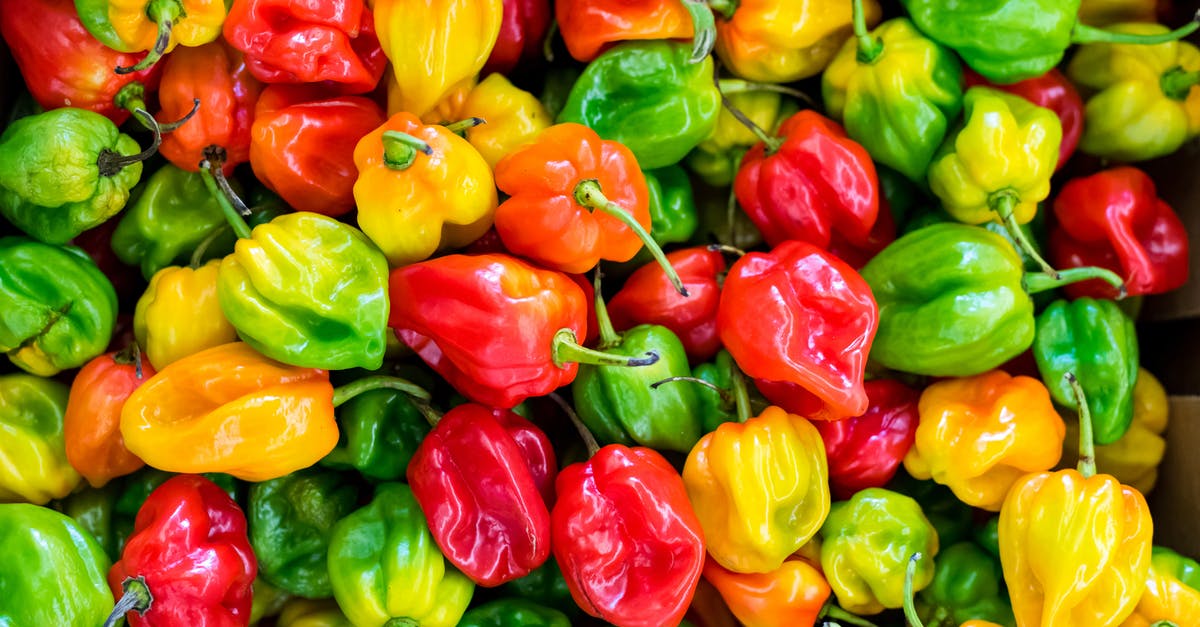Fruit/nut allergy - cooking for

In this thread about cooking for people with allergies the first commenter (rightly, IMHO) suggests splitting up that general effort into more allergy-specific tips. The overall effort might still be worthwile, but as I suffer from the 'fruit/nut' allergy myself, I would like to start this question & answer.
My question: which foods trigger the fruit/nut allergy, rated by severity, and what techniques can you use to reduce the effect? I will be answering my own question as well (in the hope of offering some help), but would prefer answers that I don't know already.
For those that aren't aware of the allergy for nuts and fruits and wondering whether they may have it, here are links to wikipedia on oral allergy syndrome and the Calgary Allergy network (as I find their site useful and will be using it, and my own experience, as a departure point. Note that the allergy may start later in life.
Best Answer
Fruit, Vegetable & Nut Allergies Associated with Spring Allergies (due to tree pollen) FRUITS: APPLE family (apple, pear) PLUM family (plum, peach, prune, nectarine, apricot, cherry) KIWI
VEGETABLES: PARSLEY family (carrot, celery, dill, anise, cumin, coriander, caraway) POTATO family (potato, tomato, green pepper)
NUTS: Hazelnut, walnut, almond
LEGUMES: Peas, beans, peanut
SEEDS: Sunflower
Ragweed allergy (which causes hayfever in August and September) can be associated with allergies to raw bananas, and the members of the gourd family (melon, watermelon, honeydew, cantaloupe, zucchini and cucumber).
Grass allergy can be associated with allergies to orange, melon, watermelon, tomato, kiwi, peanut.
Explaining about the allergy and ways of combatting it:
These allergic reactions usually occur only when the food is raw. People who are allergic to the raw food can eat it cooked, canned, microwaved, processed or baked. For example, someone allergic to raw apples can eat apple sauce, apple jelly, apple juice, apple pie and dried apples. However, nuts may cause allergic reactions whether raw or cooked. This problem is usually life long. Allergy tests to these foods may sometimes be negative unless a fresh fruit is used for the test (instead of a commercial allergy extract). The allergic reaction to these foods can occur anytime of the year when eating the foods but can be worse during the pollen season and especially if hayfever is very troublesome that year.
The allergic reaction is not due to pesticides, chemicals or wax on the fruit. Howeve,r because the more allergic part of the fruit may be in the skin, some people allergic to fruits, e.g., peaches, can eat the flesh without reaction if the skin is peeled away. Similarly for apples, some brands of apples cause more allergic reactions than others. Freshly picked apple, e.g., straight from the tree or an unripe apple, may cause fewer allergic reactions than one which is very ripe or one which has been stored for weeks after picking.
To this, I'd like to add that, in The Netherlands at least, the Santana apple is available as a special anti-allergy apple, and, for me at least, it works!
Also, as a technique, (deep)freezing the food may also offer benefits, or cooking the food in acid(ic) substances.
Other alternatives:
Substitute Raw Fruits Berries* (strawberry, blueberry, raspberries, etc.), citrus* (orange, mandarins, etc.), grapes, currants, gooseberries, guava, mango, figs, pineapple, papaya, avocado, persimmon, pomegranates, watermelon*.
Substitute Raw Vegetables MUSTARD family (cabbage, cauliflower, broccoli, watercress, radish GOOSEFOOT family (spinach, swiss chard) COMPOSITE family (green onions)
Substitute Nuts Peanut*, cashew, pistachio, brazil, macadamia, pine nut.
*May occasionally cause Oral Allergy Syndrome.
For me, this list indeed works, as I have a milder version of OAS. The substitue nuts work for me as well (walnut and almonds are terrible to me: the above are fine). When using pine nuts, try to use the European version, as the Chinese one can be horrible (which is a general problem with Chinese pine nuts)
Pictures about "Fruit/nut allergy - cooking for"



Can allergies be removed from food during the cooking process?
Cooking, even with high heat and other methods of food processing, does not reliably destroy food allergens, and doesn't ensure safety for people with food allergies.How do you cook for a nut allergy?
Use separate or thoroughly washed utensils to cook allergy-friendly dishes. Cook allergy-friendly dishes first; label and clean all surfaces and utensils after doing so. Wash your hands before and after coming into contact with the allergen. Keep foods covered to avoid cross-contamination through splatter.Can you be allergic to raw fruit but not cooked fruit?
Most sufferers of pollen food syndrome experience allergy symptoms if they eat the raw fruit, but are able to eat the same food if cooked without any problem. Some medical professionals refer to pollen food syndrome as oral allergy syndrome, although strictly speaking the two are not the same.Can you be allergic to cooked fruit?
Oral allergy syndrome is also called food-pollen allergy syndrome. It is a condition that causes immediate itching in the mouth and throat. This happnes after eating RAW fruits or vegetables that cross react with pollens you are allergic to. In this condition, cooked fruit does not cause a reaction.More answers regarding fruit/nut allergy - cooking for
Answer 2
I have a number of allergies and have found that certain preparations decrease or increase my reaction - as you mentioned cooking can sometimes decrease the reaction, with the exception of foods cooked with alcohol as the alcohol tends to enhance allergens and release volatile compounds. This problem with especially severe for me as many alcoholic beverages use sulfates as preservatives which also triggers more allergic reactions. I have found that many fresh fruits (especially berries) sold in my local market have been treated with an anti-mold/fungal gas to increase shelf life - this requires a thorough washing or peeling to remove even from the "pre-washed" produce.
Sources: Stack Exchange - This article follows the attribution requirements of Stack Exchange and is licensed under CC BY-SA 3.0.
Images: picjumbo.com, Rama Khandkar, Angele J, Ivan Torres
